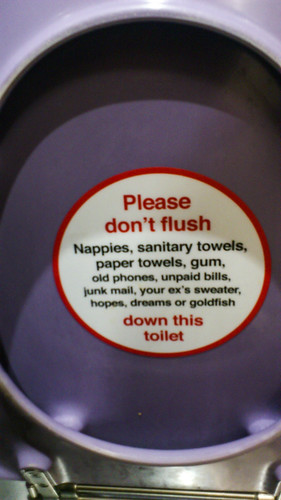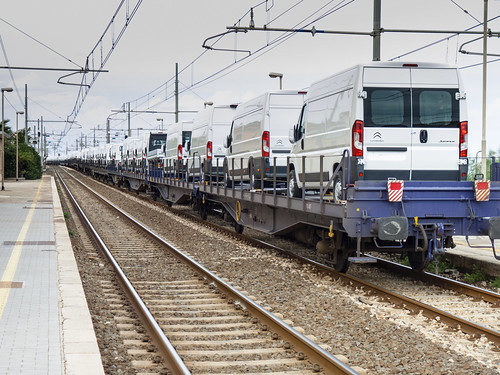On the website of the Green Party is the following pronouncement:
These screenshots are taken from the Green Party Mini Manifesto
Let’s have a look at the figures. We’ll take, for example the West Coast Main Line between London and Glasgow. With assumptions, of course, but we’ll err on the generous.
There are twenty direct trains a day from Glasgow to London. So with one in each direction, that is 40 trains per day.
Some of the trains have a bigger capacity than others, and some will be fuller than others, and some people won’t go the whole journey, so let’s err on the generous side, we’ll assume the shorter trains but full all the way in each direction. That will be 439 people filling 40 trains per day, that is 439 × 40 = 17,560 people per day.
But wait a minute, we can assume that those people who go, nearly all also come back, so it isn’t 17,560 people, it’s half that, in terms of number of people. So 8,780 per day.
Multiply that number by the number of days in the year and you get 6,409,000 people, approximately ten per cent of the population.
But hang on again, that is assuming that everyone who uses the train makes just one return journey per year. One a month would be more like it, many people even do it weekly. So if we assume an average per person of a journey per month, that is 6,409,000 ÷ 12 = 534,117 people, which is a bit less than 1% of the population.
Of course there are assumptions and generalities in there. There’s almost certainly an overestimate of capacity – most trains are not 100% full, especially in first class; and not everyone who undertakes that journey travels the whole way, people get on and off at intermediate stations. Balanced against that, though, is that many people who do the shorter stretch travel on the line not monthly, but daily. So without having access to absolute figures, these estimates seem to be to be about fair. About right.
So there we are then, the London to Glasgow railway line is pointless and hugely expensive according to the Green Party, a train line for the 1%, not the 99% of rail users.
You could do this for almost every railway line. 1% of the population is 640,000 people, quite a lot of people. Most railway lines would seem quite busy, carrying that number of people, especially the commuter lines, where the same person tends to travel the same line for five or six days per week.
It looks very much like the Green Party are swinging us a dud one here. And if you can’t believe them on that . . .







